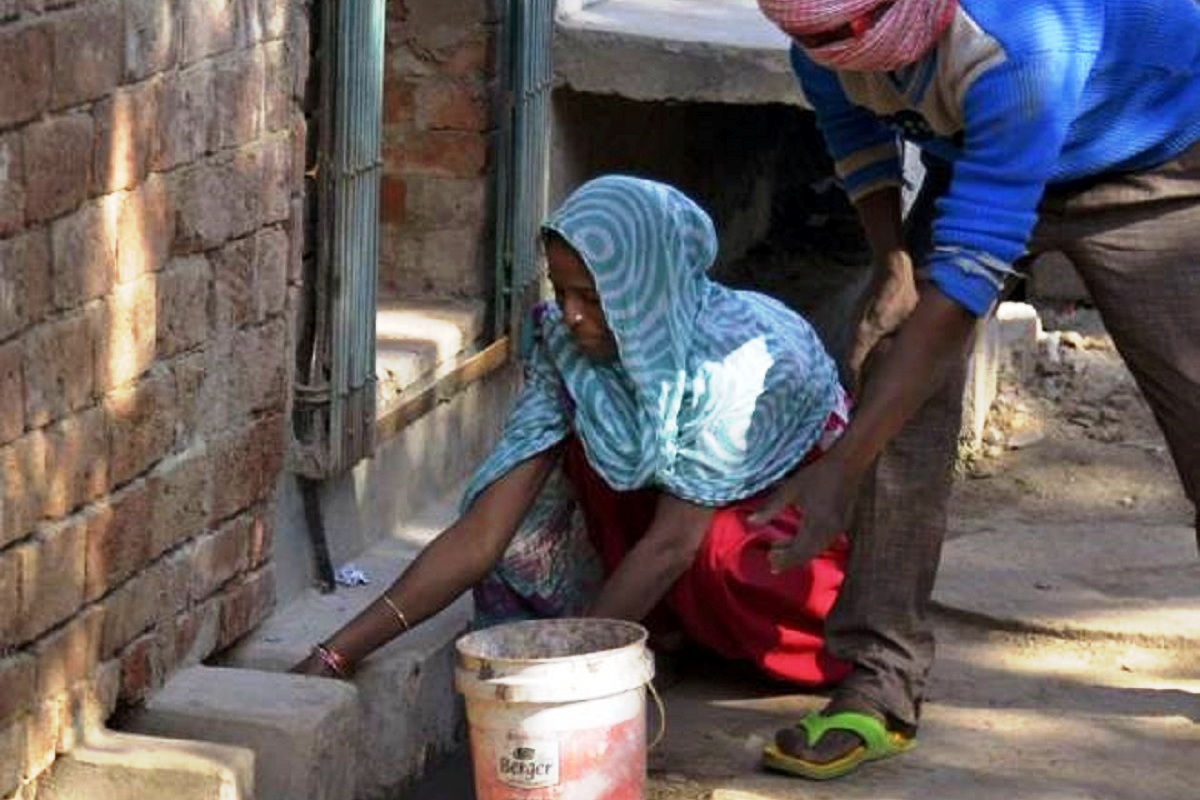UP CM Yogi urges youth to be job creators, not seekers
Uttar Pradesh Chief Minister Yogi Adityanath visited Agra on Sunday to strategise investment promotion in the state and turn proposals into reality.
The whole story came to light after the Bihar Mahadalit Vikas Mission recently conducted a survey across the state on the directive of the Scheduled Castes and Scheduled Tribe Welfare Department SC/STWD).

In what could be termed as a really wonderful achievement, Bihar has been formally declared free from the age-old practice of manual scavenging—the horrible practice of removing, carrying and disposing of human wastes from dry latrines by hand. As per an official report, some 150 manual scavengers were engaged in the inhumane practice till recently but now all of them have shifted to other jobs.
The whole story came to light after the Bihar Mahadalit Vikas Mission recently conducted a survey across the state on the directive of the Scheduled Castes and Scheduled Tribe Welfare Department (SC/STWD). The survey was conducted in 14 districts of the state where there were reports of practice of manual scavenging still in force even 26 years after the passing of the Employment of Manual Scavengers and Construction of Dry Latrines (Prohibition) Act, 1993.
Advertisement
During the course of the survey, the Mission officials, however, were pleasantly surprised to find that the workers engaged in manual scavenging have switched over to other jobs. The 14 districts where the survey was conducted include Araria, Aurangabad, Buxur, Gaya, Gopalganj, Jehanabad, Katihar, Nalanda, Patna, Purnia, Rohtas, Saharsa, Saran, Sitamarhi, Siwan and Supaul.
Advertisement
“Bihar is now completely free from the practice of manual scavenging. During the survey, none was found to be engaged in manual scavenging. The very message has been communicated to the Union Ministry of Social Justice and Empowerment,” SC/STWD’s secretary Prem Singh said on Monday.
A recent report of the social justice department said a total of 12,226 manual scavengers were engaged in the inhuman job with Uttar Pradesh leading the pack, followed by 11 other states.
Although it is not clear what led to the end of this practice in Bihar, a sustained campaign for clean India has apparently worked the wonders. There is now sudden awareness among the villagers to construct toilets at homes with aids from the government.
Bihar has achieved yet another rare task of making all the 472 villages located along the banks of the Ganges free from open defecation.
Advertisement